Unlocking "forgotten" resources
Many experts assess the Politburo 's guiding viewpoint in Resolution 70-NQ/TW on ensuring national energy security until 2030, with a vision to 2045, as a major breakthrough, as for the first time a Politburo-level document emphasizes the restructuring of the electricity sector towards increasing competitiveness, transparency, and sustainability. This will create positive signals for the market as well as the energy sector.
Economist , Dr. Le Dang Doanh - former Director of the Central Institute for Economic Management Research - said that the new point from Resolution 70 will contribute to eliminating the monopoly mechanism in electricity management, production and trading, helping people have the right to choose the electricity supplier instead of having only one place to sell, EVN.
It also helps to limit shortcomings that have not been able to be overcome up to now, typically the need to adjust electricity prices when businesses are making losses. “When the monopoly mechanism is eliminated, all units, including the State and private sectors, will compete openly and transparently. This will help us take advantage of strong resources from the private sector, which are currently being overlooked in this sensitive and strategic field,” said Mr. Doanh.
However, Mr. Doanh also frankly expressed: The Politburo 's policy is very open and liberal but needs to be specified by clear legal regulations and mechanisms. Only then can we encourage the participation of the private sector, while helping the energy sector develop stably and sustainably. "When the private sector participates in investing and developing national energy, what will be their responsibilities and benefits, and how will it be controlled to avoid overlap or impact on the national grid system?", Mr. Doanh raised the issue.

Resolution 70-NQ/TW of the Politburo opens the way for the private sector to participate in investing and developing national energy. (Illustration photo: EVN).
Sharing the same view, Dr. Ngo Tuan Kiet, former Director of the Institute of Energy Science, analyzed: EVN no longer has a monopoly on electricity production, many private and foreign enterprises have participated in the production of wind and solar power for many years. However, EVN is still the sole buyer in the wholesale market, and has a monopoly on transmission and retail of electricity. Therefore, Resolution 70 is meant to continue innovation to allow private enterprises not only to do small projects but also to register for large projects.
“This is a very correct policy. We need to encourage and allow private enterprises, large corporations, and foreign enterprises to continue investing in energy projects to promote the strengths of economic resources,” said Dr. Ngo Tuan Kiet.
Economist, Dr. Nguyen Minh Phong also pointed out a positive signal for the energy development strategy, especially renewable energy when the private sector is involved. That is to eliminate the monopoly mechanism in the management, production and trading of electricity, thereby limiting the monopoly unit from setting unreasonable costs and prices, causing high electricity prices. From there, there will be a transparent, competitive electricity market, no longer having to cross-subsidize, causing controversy in public opinion.
“One of the necessary conditions to promote the successful development of the electricity market is to form a truly competitive market, build a flexible price policy that accurately reflects costs, market signals and the economy's ability to pay. Currently, the Vietnamese electricity market is still mainly based on the single-buyer model (EVN), has not fully developed the wholesale electricity market, competitive retail market, and does not have a real auxiliary market,” said Mr. Phong.
Meanwhile, Dr. Le Duy Binh, Director of Economica Vietnam, said that Resolution 70 has put customers at the center of the electricity market, giving them the right to choose the electricity supplier that suits their needs instead of just passively receiving electricity from EVN. This is a breakthrough orientation, opening up opportunities to restructure the Vietnamese electricity market.
For many years, Vietnam’s electricity market has operated under a centralized wholesale mechanism, in which EVN plays the role of “sole buyer” from power plants and then distributes to customers. This mechanism has the advantage of being easy to manage, but also has many shortcomings such as: lack of price transparency, limited customer choice, easy to create a mechanism of asking - giving, privileges…
"When the competitive retail electricity market has not yet been formed and the mechanism allowing direct electricity trading has not been widely deployed, it will easily lead to a lack of flexibility in coordinating clean electricity sources to businesses in need. The mechanism allowing direct electricity trading between renewable energy investors and large customers (FDI enterprises, industrial parks, multinational corporations) also needs to be widely deployed nationwide. This will promote green electricity consumption, reduce the dispatching burden for EVN and support businesses in fulfilling their commitments to sustainable development and carbon neutrality in the supply chain," Dr. Le Duy Binh added.
Need clear mechanisms and policies
According to Dr. Le Dang Doanh, the new policy promises to create many positive signals, but its effectiveness depends on the actual implementation process.
“We cannot yet confirm whether the participation of the private sector in investing in developing energy projects will bring about truly positive results such as ensuring electricity supply, reducing electricity prices... or not. Because it depends on the number of participating units and how they respond. Because in difficult conditions, if businesses are not supported in terms of policies to ensure enough profits, it will be very difficult to participate," he emphasized.

Clear mechanisms and policies are needed to attract private enterprises to participate in national energy development. (Illustration photo: EVN)
Dr. Ngo Tuan Kiet also said that the most important issue now is the mechanism and policy in capital mobilization, profit calculation and responsibility to bind private enterprises and foreign enterprises in ensuring national energy security.
“We must avoid the situation where many businesses register, do it halfway and then abandon it. The State creates favorable conditions but also needs sanctions to force businesses to be responsible when participating and meeting progress to ensure national energy security. Avoid the situation where, after being licensed and implementing for a while, businesses complain that the investment is not profitable and make unreasonable demands. If this can be done, the national energy security strategy will be developed according to plan,” said Mr. Ngo Tuan Kiet.
Source: https://vtcnews.vn/mo-duong-de-tu-nhan-dau-tu-nang-luong-quoc-gia-dot-pha-lon-cho-thi-truong-dien-ar965816.html


![[Photo] Prime Minister Pham Minh Chinh chairs the 14th meeting of the Steering Committee on IUU](https://vphoto.vietnam.vn/thumb/1200x675/vietnam/resource/IMAGE/2025/9/23/a5244e94b6dd49b3b52bbb92201c6986)
![[Photo] Editor-in-Chief of Nhan Dan Newspaper Le Quoc Minh received the working delegation of Pasaxon Newspaper](https://vphoto.vietnam.vn/thumb/1200x675/vietnam/resource/IMAGE/2025/9/23/da79369d8d2849318c3fe8e792f4ce16)


![[Photo] The 1st Congress of Party Delegates of Central Party Agencies, term 2025-2030, held a preparatory session.](https://vphoto.vietnam.vn/thumb/1200x675/vietnam/resource/IMAGE/2025/9/23/e3a8d2fea79943178d836016d81b4981)
![[Photo] General Secretary To Lam meets voters in Hanoi city](https://vphoto.vietnam.vn/thumb/1200x675/vietnam/resource/IMAGE/2025/9/23/d3d496df306d42528b1efa01c19b9c1f)
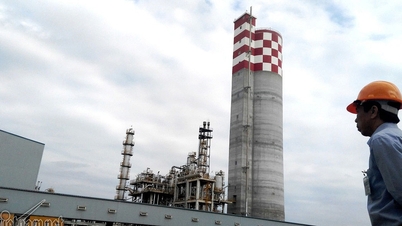



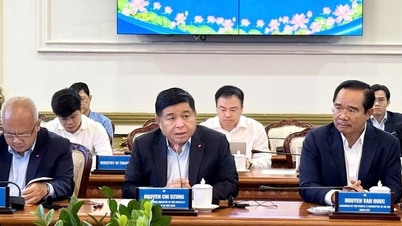








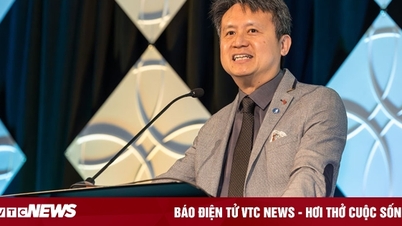
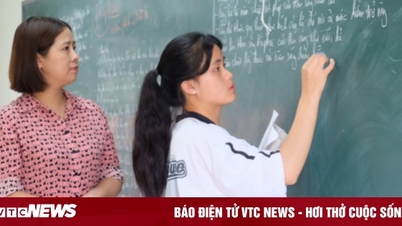



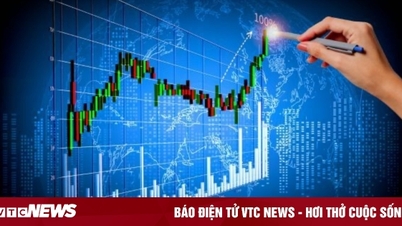


























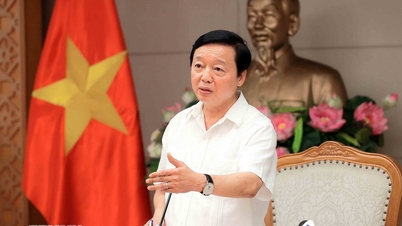





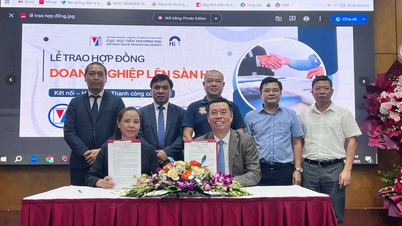


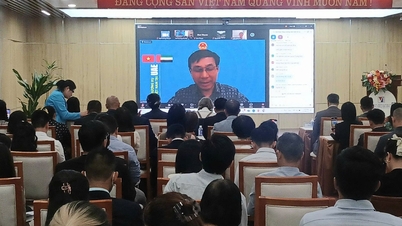








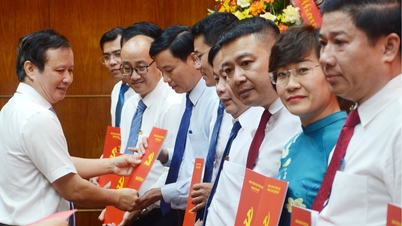




















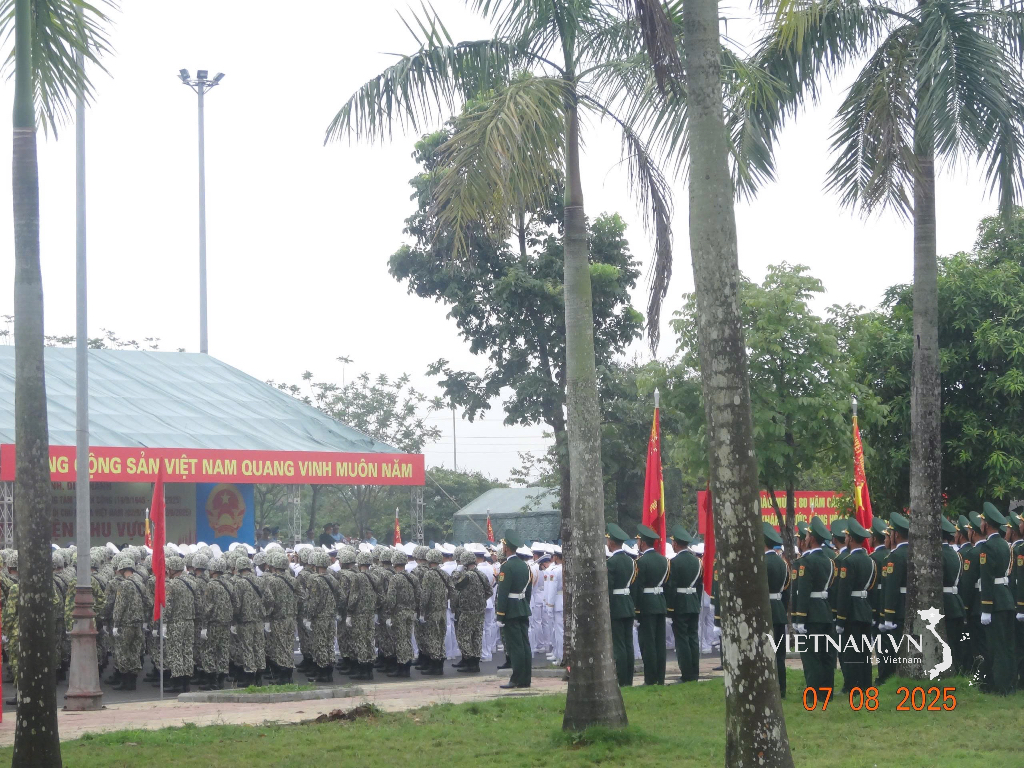
Comment (0)